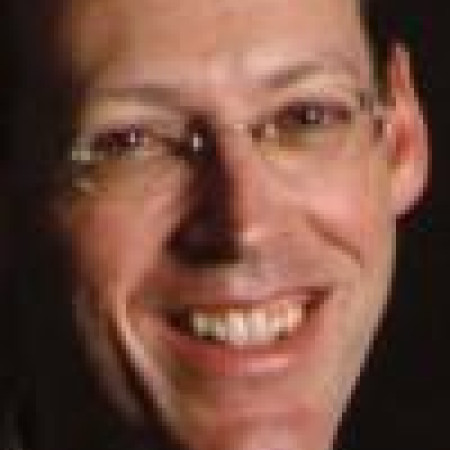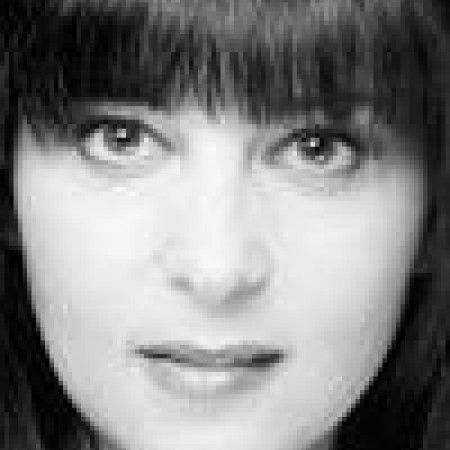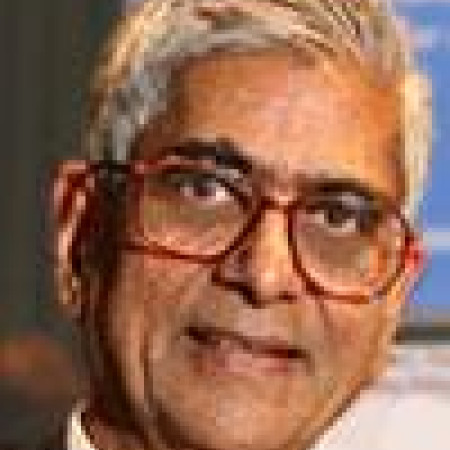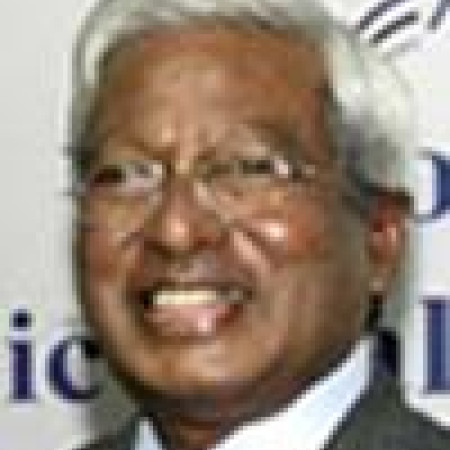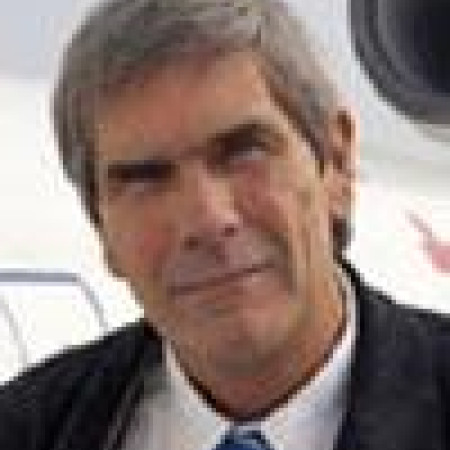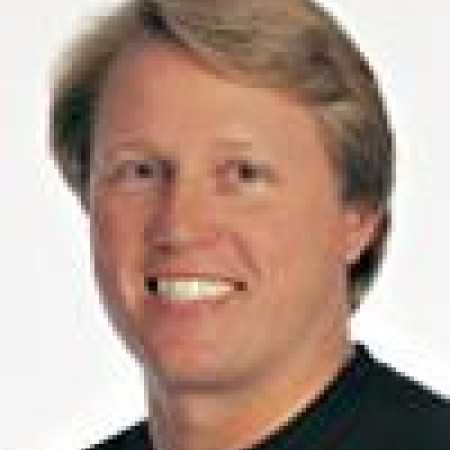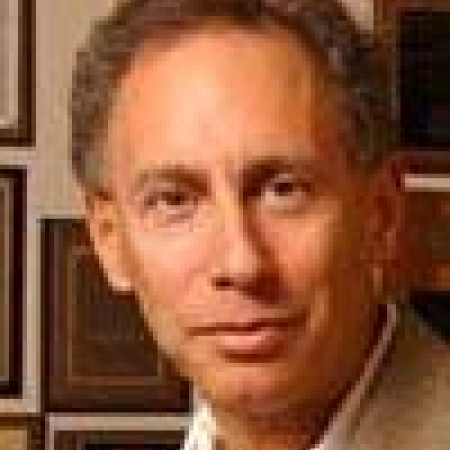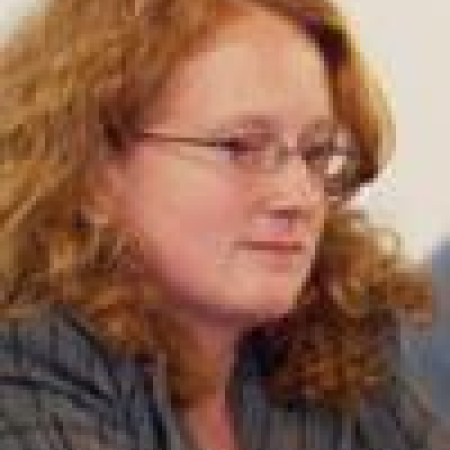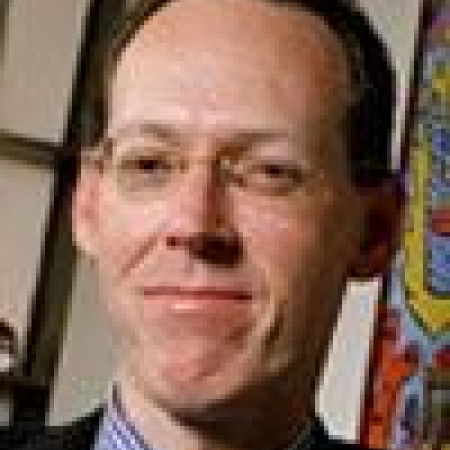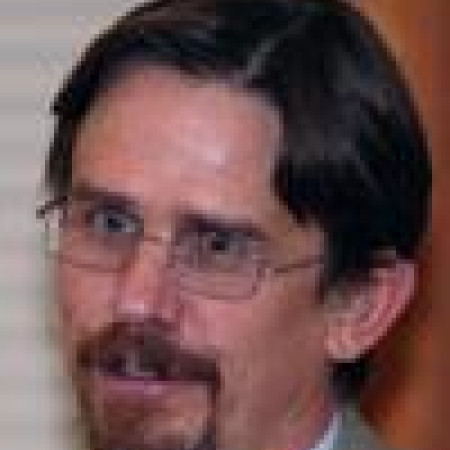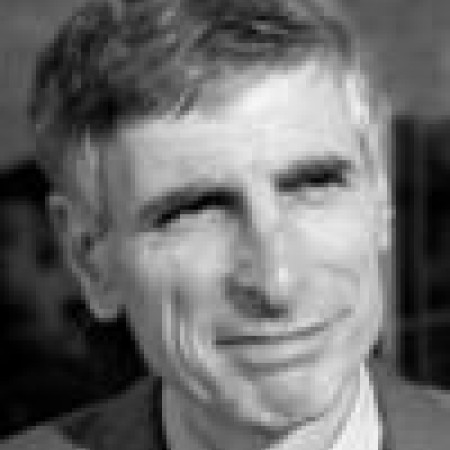Paul Farmer - Scaling Up Healthcare in Rwanda
AIDS, malaria, and maternal mortality are some of the chronic public health issues that plague Africa. Invited to Stanford, Paul Farmer talks about how his Boston-based organization, Partners In Health, is spending donor dollars to bring the lessons garnered from its work in Haiti to scale up healthcare services in war-torn Rwanda. As dicussed in this audio lecture, his organization seeks to fill the gap that exists between medical R&D and healthcare delivery so preventions and cures can be brought to more of the people who need them.


